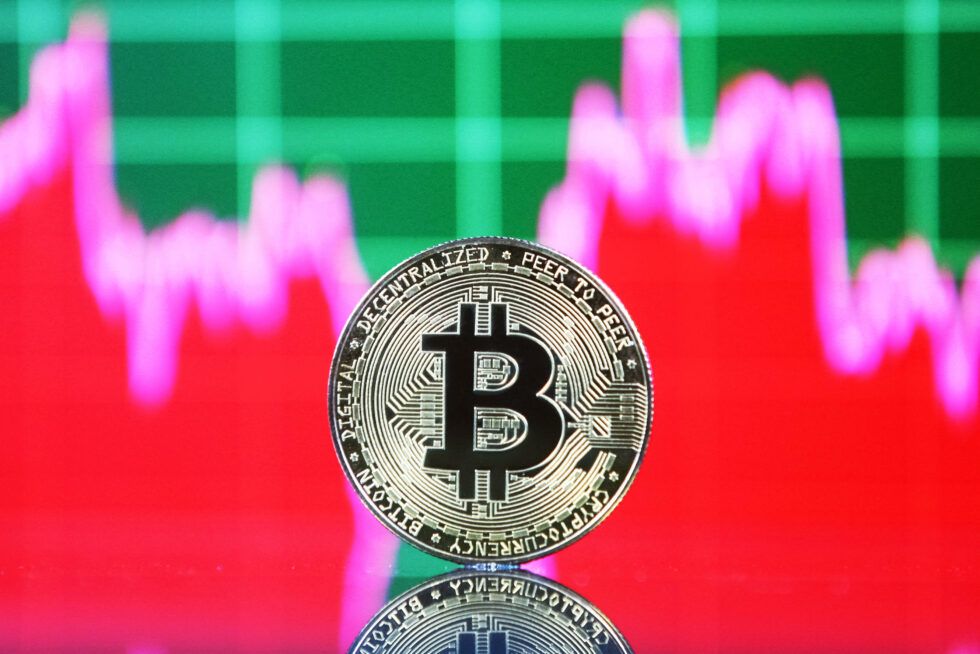
Bitcoin, the world’s leading cryptocurrency, has recently navigated a period of heightened volatility amidst broader macroeconomic concerns. While traditional markets experienced significant swings, Bitcoin has displayed surprising resilience, maintaining its price around the $52,000 mark.
This stability is noteworthy, given the headwinds facing the global economy, including rising inflation, interest rate hikes, and geopolitical tensions.
Factors Supporting Bitcoin’s Resilience:
Several factors are contributing to Bitcoin’s current price stability:
- Institutional Adoption: The increasing adoption of Bitcoin by institutional investors, including hedge funds and asset managers, provides a strong foundation of support.
These institutions see Bitcoin as a hedge against inflation and a potential long-term store of value.
- Technical Analysis: Technical indicators suggest that Bitcoin could be approaching a potential support level around $50,000. If this level holds, it could trigger a rebound in the short term.
- Limited Selling Pressure: Despite the recent price fluctuations, there is relatively low selling pressure from long-term Bitcoin holders.
- This suggests that investors remain confident in the cryptocurrency’s long-term potential.
Challenges and Uncertainties Remain:
While Bitcoin has shown resilience, it is not immune to external factors.
Key challenges and uncertainties persist:
- Macroeconomic Headwinds: The ongoing economic concerns, including inflation and interest rate hikes, could continue to put pressure on Bitcoin’s price in the near term.
- Regulation: Regulatory uncertainty surrounding cryptocurrencies remains a concern for some investors.
- Stringent regulations could dampen institutional adoption and impact the broader market.
- Geopolitical Tensions: The ongoing war in Ukraine and other geopolitical tensions could create market volatility, impacting Bitcoin and other risky assets.
Looking Ahead:
Despite the challenges, Bitcoin’s long-term prospects remain promising.
The growing adoption by institutions, its potential as a hedge against inflation, and its limited supply suggest that it could continue to be a valuable asset class in the future. However, investors should remain cautious and aware of the inherent volatility of the cryptocurrency market.
This information is not legal advice. Do your own research before making any decisions. Only invest what you can afford to lose and seek independent financial advice if needed. Understand the risks involved before purchasing any cryptoasset
